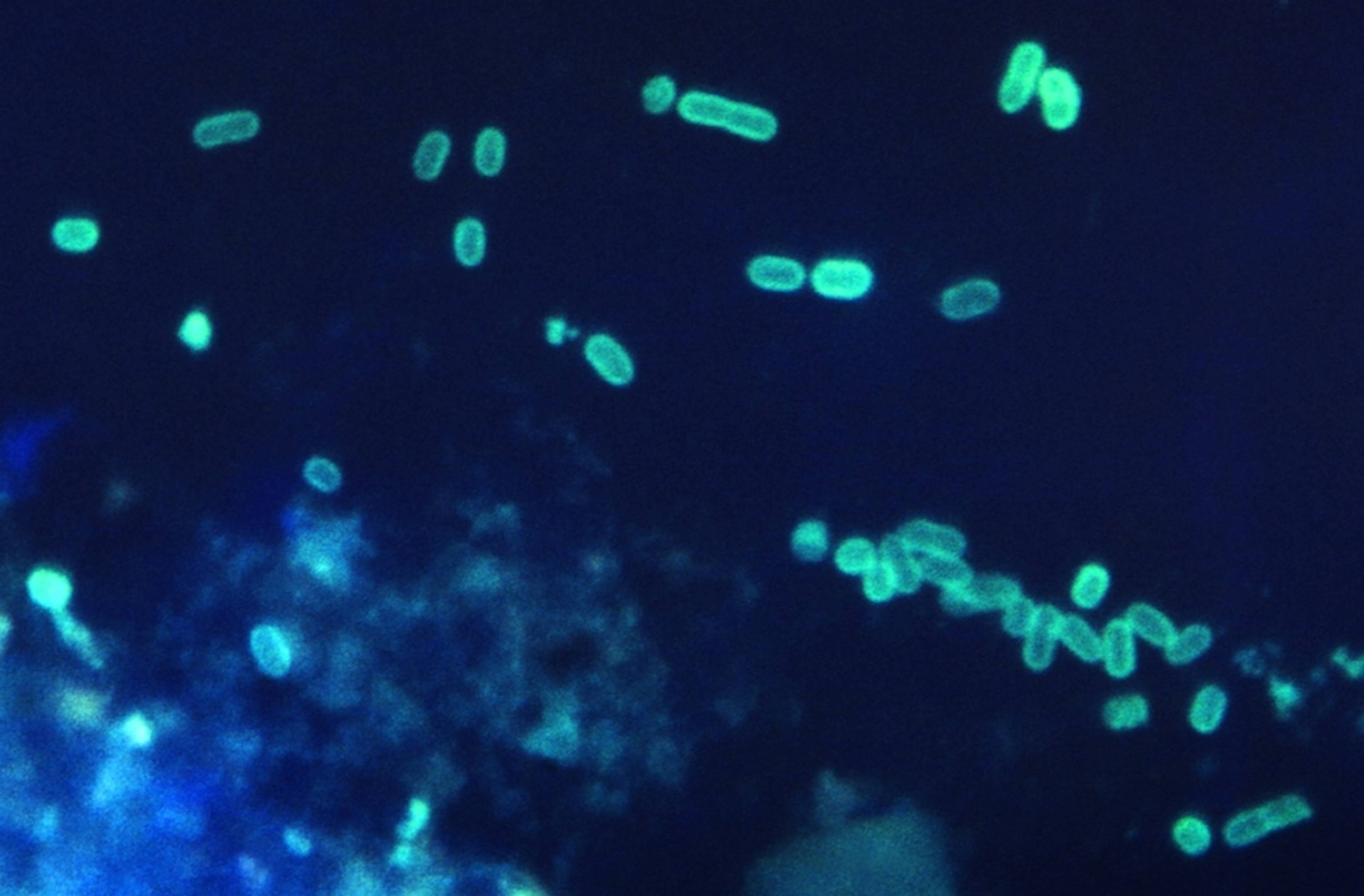
Food Poisoning: An Untrackable Illness In A Globalized World
About this time of year, 4 years ago, people in Germany began falling ill with diarrhea, nausea and fever. At first it looked like a small outbreak, though a troubling one: One out of every three victims needed to be admitted to the hospital. Then the outbreak expanded, and expanded again. By June, more than 1,800 people had fallen ill with the bacterium E. coli O104:H4, a strain that produces a destructive toxin. More than 500 people had been hospitalized, and 20 died. The vast scale of the outbreak spurred an international hunt for the culprit food, bringing together not only professional disease detectives from Europe and the United States but crowdsourced genomics contributions from as far away as China.
By July 2011, with the case count up to almost 3,800, epidemiologists identified the food that was responsible for the outbreak: raw sprouts, grown from fenugreek seeds, added to salads and sandwiches, and used as a garnish on plates. But the route the seeds had taken, to reach their victims, was so twisted as to be barely credible. They had been grown and packaged in Egypt, shipped by boat to Belgium, carried by barge to the Netherlands, and trucked to Germany, where the shipment was subdivided and sent to 11 other countries.
That epidemic (which you can read about in these three stories from my old blog and this Guardian piecethis Guardian piecethis Guardian piece) was no outlier: These days, any food that was handled or processed on its way to your plate runs a reasonable chance of containing components that originated far apart from each other. The more mingled the components—like the 75 supply chains that the Global Canopy Programme estimates are represented in an average burger and fries—the more likely it is that a food can become contaminated, and the more difficult it gets to untangle what went wrong.
For that reason, the World Health Organization used its annual observance of World Health Day this year to warn about the importance of globalized food safety.
“Food production has been industrialized and its trade and distribution have been globalized,” Dr Margaret Chan, the WHO’s Director-General, said to mark the day. “These changes introduce multiple new opportunities for food to become contaminated with harmful bacteria, viruses, parasites, or chemicals.”

As I describe over at our sister blog The Plate, the WHO is using the day not only to raise awareness, but also to launch a new project that will gather data on just how significant the worldwide toll of foodborne illness is. The initial data indicates, very significant: in a single year, 582 million people around the world suffer foodborne illness, and up to 351,000 die. Two-fifths of them, the WHO says, are children.
No matter where ingredients come from, though, the WHO sats there are simple protective steps we can take—so simple, fact, that we forget to do them. Above right is a graphic detailing them, which the WHO is making available in 87 languages. The original, in case it’s helpful, is here.